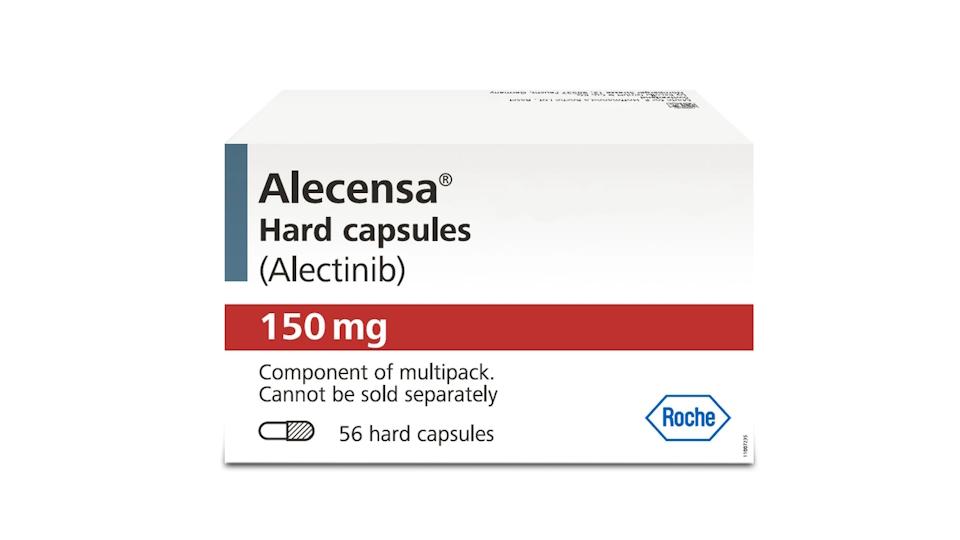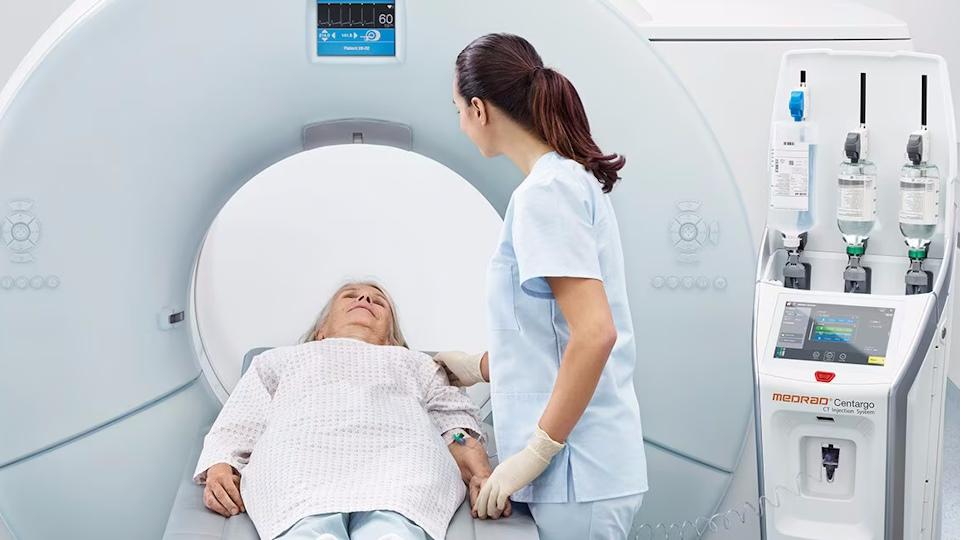AI test detects early signs of dementia

A pioneering artificial intelligence (AI) computer test can help detect whether individuals are in the early stages of dementia.
Through a series of questions with an interactive on-screen avatar, a computer programme designed by researchers from Osaka University and Nara Institute of Science and Technology, can discern whether responses given by individuals indicate cognitive problems.
The team behind the research was seeking simple alternatives to the medical imaging used by hospitals to pick up the disease, particularly as rates of the illness soar.
They also wanted to lower the chance of people becoming used to being asked the same set of questions by doctors determining whether someone is showing signs of dementia.
Through algorithms, the programme assesses gaze, delay in responses, intonation, the percentage of verbs and nouns used, voice articulation and recall. It also asks fixed and random questions.
These algorithms were based on features of speech, language, and faces from recorded dialogues with elderly participants, some of whom had been diagnosed with dementia plus other, healthy individuals.
Thanks to artificial intelligence that allows machines to learn without being programmed, computers were able to distinguish individuals with dementia from healthy controls at a rate of 90% via six questions. Each question took two to three minutes.
Senior author Takashi Kudo said: “If this technology is further developed, it will become possible to know whether or not an elderly individual is in the early stages of dementia through conversations with computer avatars at home on a daily basis.
“It will encourage them to seek medical help, leading to early diagnosis.”
The need for early intervention is pressing, as someone worldwide develops dementia every three seconds. Alzheimer’s Disease International, which looks at the global incidence of dementia – which is an umbrella term for a group of symptoms – estimates that around 50 million people had the condition in 2017.
This number is expected to escalate dramatically, reaching 75 million in 2030 and 131.5 million in 2050. Research has shown that most people living with dementia have not been formally diagnosed, underlining the need for simpler, more accessible ways to ascertain whether someone is affected.
It is also important to note that dementia is not a natural aspect of ageing. The Alzheimer’s Society states that 40,000 people under 65 in the UK have dementia. While there is no cure, treatments can help patients to lead active lives and manage their symptoms.












